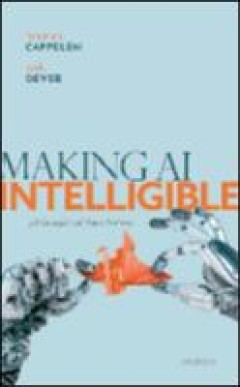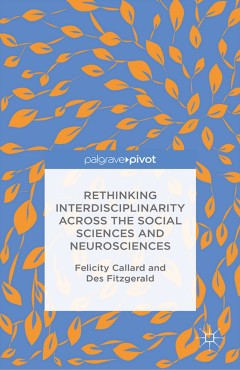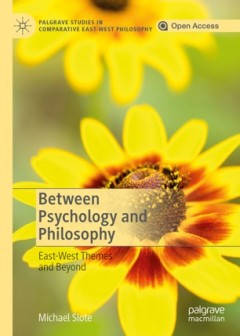Filter by
The practical origins of ideas : genealogy as conceptual reverse-engineering
Why did such highly abstract ideas as truth, knowledge, or justice become so important to us? What was the point of coming to think in these terms? In The Practical Origins of Ideas, Matthieu Queloz presents a philosophical method designed to answer such questions: the method of pragmatic genealogy. Pragmatic genealogies are partly fictional, partly historical narratives exploring what might ha…
- Edition
- -
- ISBN/ISSN
- 9780198868705
- Collation
- xi, 275 p.
- Series Title
- -
- Call Number
- 121.4 QUE t

Making ai intelligible: philosophical foundations
Can humans and artificial intelligences share concepts and communicate? One aim of Making AI Intelligible is to show that philosophical work on the metaphysics of meaning can help answer these questions. Cappelen and Dever use the externalist tradition in philosophy of to create models of how AIs and humans can understand each other. In doing so, they also show ways in which that philosophical …
- Edition
- 1.
- ISBN/ISSN
- 9780192894724
- Collation
- viii, 175p.
- Series Title
- -
- Call Number
- 004.019 CAP m

Mental causation : a counterfactual theory
Our minds have physical effects. This happens, for instance, when we move our bodies when we act. How is this possible? Thomas Kroedel defends an account of mental causation in terms of difference-making: if our minds had been different, the physical world would have been different; therefore, the mind causes events in the physical world. His account not only explains how the mind has physical …
- Edition
- -
- ISBN/ISSN
- 9781108762717
- Collation
- x, 224p. : ill.
- Series Title
- -
- Call Number
- 128.2 KRO m

Rethinking interdisciplinarity across the social sciences and neurosciences
This book offers a provocative account of interdisciplinary research across the neurosciences, social sciences and humanities. Setting itself against standard accounts of interdisciplinary 'integration,' and rooting itself in the authors' own experiences, the book establishes a radical agenda for collaboration across these disciplines. Rethinking Interdisciplinarity does not merely advocate int…
- Edition
- -
- ISBN/ISSN
- 9781137407962
- Collation
- x, 157p. : ill.
- Series Title
- -
- Call Number
- 001 CAL r

Between psychology and philosophy : east-west themes and beyond
This open access book discusses a variety of important but unprecedented ways in which psychology can be useful to philosophy. The early chapters illustrate this theme via comparisons between Chinese and Western philosophy. It is argued that the Chinese notion of a heart-mind is superior to the Western concept of mind, but then, more even-handedly, the relative strengths and weaknesses of Chine…
- Edition
- -
- ISBN/ISSN
- 9783030225032
- Collation
- x, 215p. : ill.
- Series Title
- -
- Call Number
- 101 SLO b
 Computer Science, Information & General Works
Computer Science, Information & General Works  Philosophy & Psychology
Philosophy & Psychology  Religion
Religion  Social Sciences
Social Sciences  Language
Language  Pure Science
Pure Science  Applied Sciences
Applied Sciences  Art & Recreation
Art & Recreation  Literature
Literature  History & Geography
History & Geography